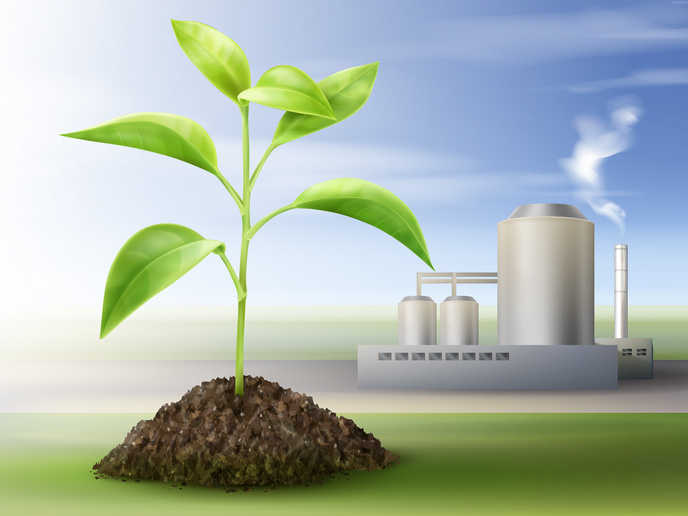Biorefinery advances waste treatment in Zaragoza
In October 2024, the EU-funded CIRCULAR BIOCARBON project inaugurated its flagship biorefinery in Zaragoza. The biorefinery will be used to transform sewage sludge and the organic fraction of urban solid waste, such as food residues and garden waste, into high added value products such as biopolymers, biofertilisers and green graphene. Biodegradable waste is a key source of emissions, producing gas when it begins to decompose in landfills. It also poses a significant challenge for cities that are responsible for collecting and treating the waste and have to deal with its environmental, social and economic impacts. By helping to reduce sewage sludge incineration and the waste sent to landfills, the new biorefinery will provide both economic and environmental benefits to Zaragoza and the surrounding region. The facility, which is run by CIRCULAR BIOCARBON project coordinator Urbaser together with the Zaragoza City Council, will boost traditional waste treatment processes in the city of Zaragoza and its environs. Wastewater treatment sludge and organic waste will be converted into final products based on bio-based materials, local sustainable raw materials and circular production processes. Zaragoza Mayor Natalia Chueca comments in a recent news item posted on the project website: “Once again, Zaragoza is becoming a leader in the circular economy. I am deeply grateful to Urbaser and all the companies involved in this project, which will undoubtedly become a model for Spain and Europe. Zaragoza once again demonstrates that by betting on the green economy, we create jobs and wealth while taking giant steps toward shaping sustainable and healthy cities. Zaragoza is already a leader in sustainable mobility, urban greening projects like the Zaragozan Forest and the Huerva River, and in the circular economy, exceeding the national recycling rate. Now, we are also a reference in new technologies aimed at transforming waste.” Zaragoza is one of the process lines forming part of the CIRCULAR BIOCARBON biorefinery’s unique model, with a second line being set up in Sesto San Giovanni in northern Italy. As reported in the news item, the multi-site approach will allow the biorefinery’s performance to be tested “across different waste management systems, ecosystems, and existing industrial practices, boosting its potential for replication across Europe.”
Sharing know-how
CIRCULAR BIOCARBON has also set up a City Interest Group to help cities and local authorities across Europe learn from the project in order to apply a similar waste management approach in their areas. As part of this effort, on 4 December it is holding its third webinar related to biowaste valorisation. The webinar will explore the transformation of biowaste into bio-based materials, with a focus on unlocking opportunities for urban and regional bioeconomies. Those interested in participating can register for the CIRCULAR BIOCARBON (Turning carbon of complex organic urban waste streams into value-added products) webinar here. For more information, please see: CIRCULAR BIOCARBON project website
Keywords
CIRCULAR BIOCARBON, biorefinery, waste, organic waste, urban solid waste, sewage sludge, circular economy, bio-based, Zaragoza



